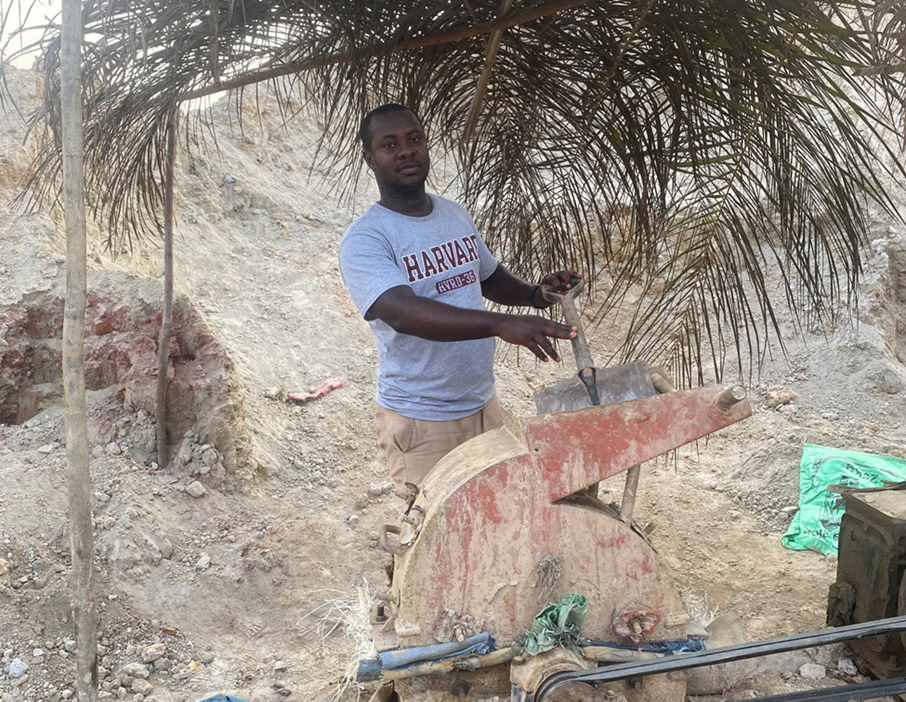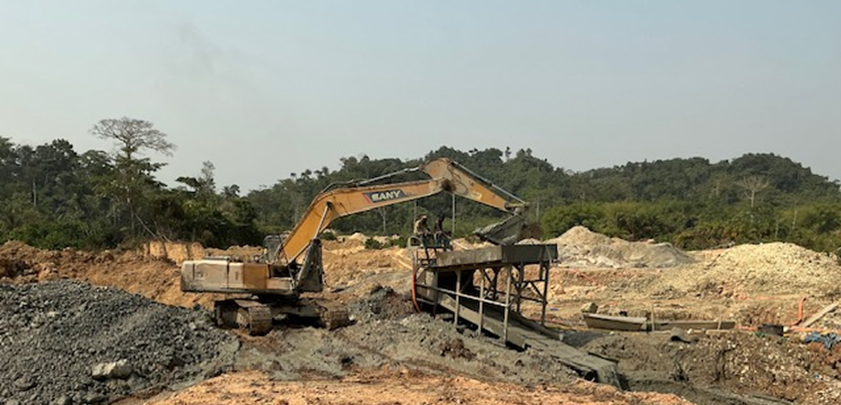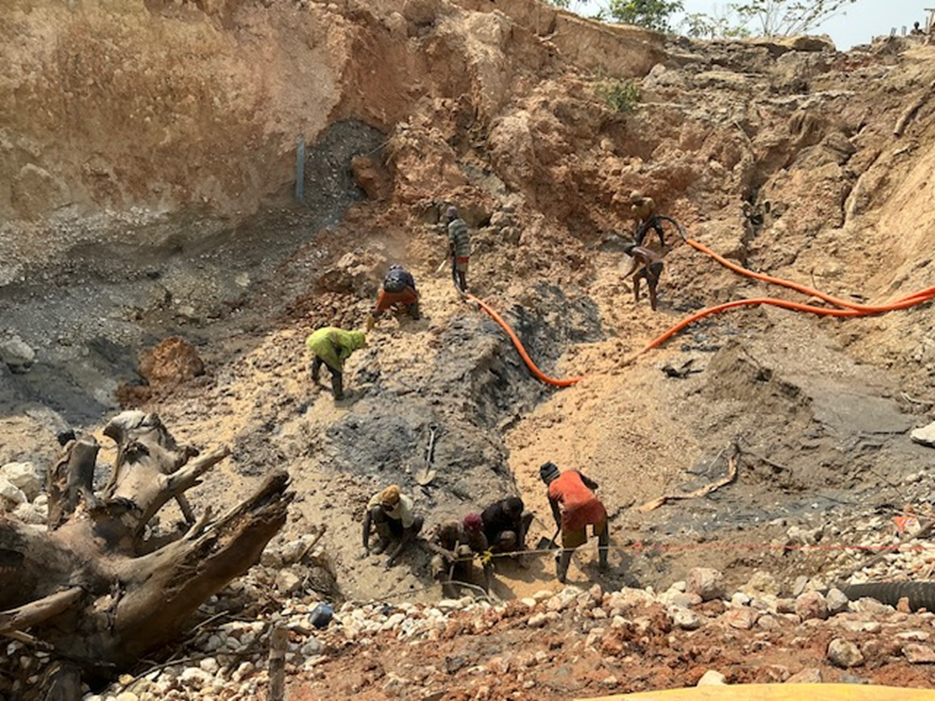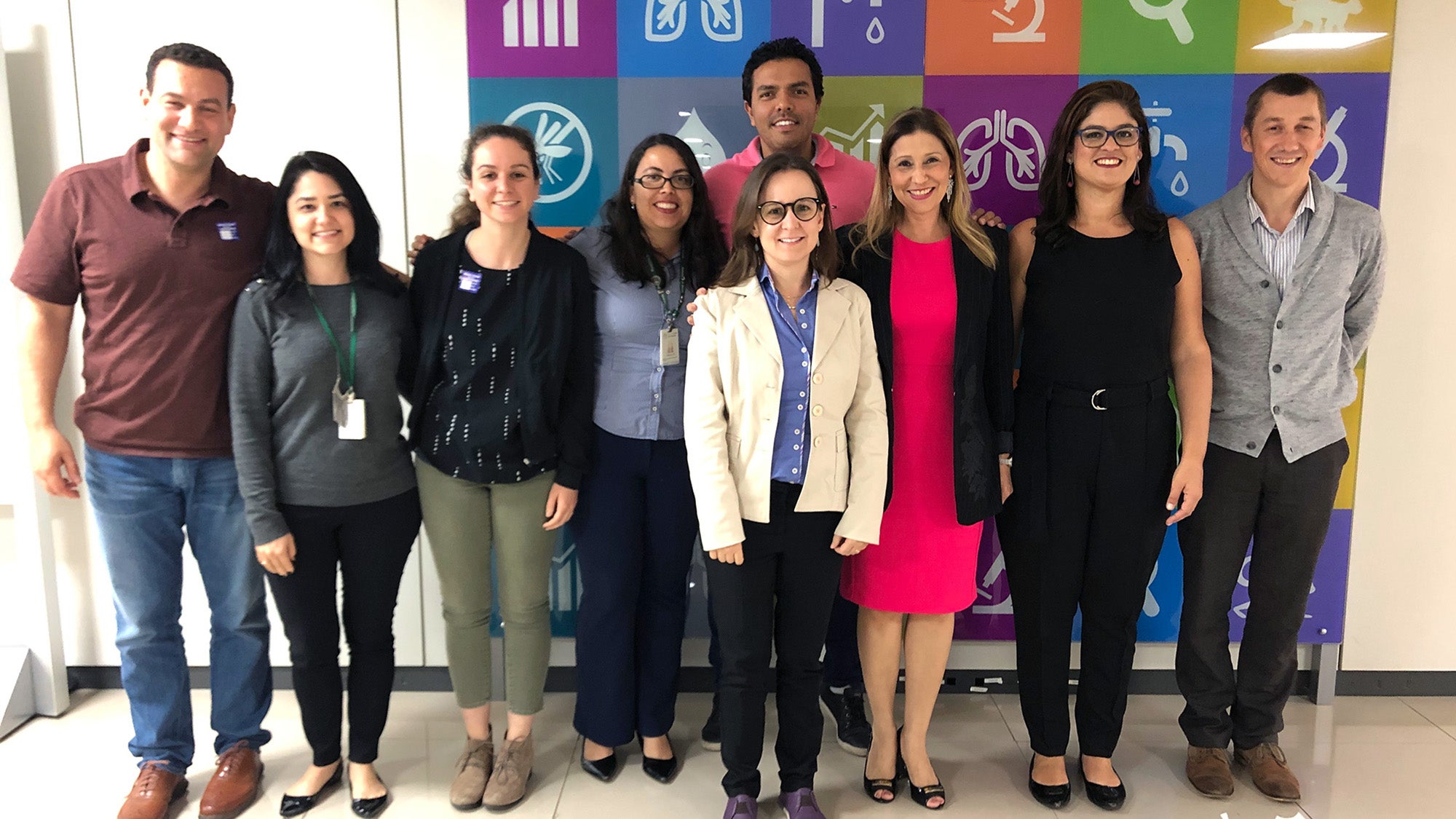Close Enough to Listen: Positionality, Posture, and Proximity in Artisanal Gold Mining Safety Research

Francis Arthur-Holmes is a Rose Service Learning Fellow and a Master of Public Health candidate in Occupational and Environmental Health
Passion for Artisanal and Small-scale Gold Mining Safety Research
Safety is for everyone, not just a selected few. My quest for gender equality in artisanal and small-scale gold mining (ASGM), and safer and sustainable ASGM practices in Ghana and globally has shaped my research journey. This interest first developed during my undergraduate studies at Kwame Nkrumah University of Science and Technology (KNUST), where I wrote my thesis on “Artisanal and Small-Scale Mining and its Effects on Livelihoods”.
My commitment to promoting occupational health and safety in the ASGM industry strengthened after several relatives and friends suffered injuries resulting in permanent disabilities. My childhood friend, Emmanuel Cobbinah (AKA Maski), who assisted with my undergraduate fieldwork research, lost his sight due to a blasting accident in an underground ASGM mine “ghetto” in Prestea-Bondaye in the Western Region of Ghana. The incident happened at the time when he was supposed to help me with my Oxford MPhil fieldwork. This tragedy, combined with injuries I personally sustained while participating in unlicensed ASGM operations, had a profound impact on me. These experiences contributed to my academic journey to Harvard T.H. Chan School of Public Health for a Master of Public Health (MPH) in Occupational and Environmental Health after completing a doctorate in Sociology and Social Policy (PhD).
Understanding Complexities of Safety and Health in ASGM for Interventions
The impacts of informal ASGM on environmental and community health in Ghana have gained media attention due to increasing water pollution and rising cases of kidney and respiratory problems in many rural communities. In 2024, several demonstrations took place in Ghana’s capital, Accra, protesting the government’s failure to address increasing water pollution, land degradation, and health problems associated with informal ASGM operations.
While at the Harvard Chan School of Public Health, I proposed a participatory research project to partner with Cocoa360 – a nonprofit that coordinates the use of revenues from community-run farms to improve education and health care in farming communities in the rural Western Region of Ghana – through the Rose Service Learning Fellowship to understand the complexities of occupational health and safety (OHS) of the heterogeneous ASGM operations to guide OHS interventions and mining hazard awareness among informal ASGM miners. Here, informal ASGM miners are those who work on concessions that are unlicensed – they operate without mining licenses and operating permits.

Reflections through the 3 Ps of Community Engaged Learning and Participatory Mining Research
Throughout the month-long fieldwork in Tarkwa-Breman in Prestea-Huni Valley District of Ghana, I carried with me the “3 P’s”: Positionality, Posture, and Proximity – principles of community engaged learning shared at our fellowship orientation. The principles require the application of research and practical approaches to learn to listen, reflect, and observe context and social systems closely. Critically reflecting on these principles, I stayed thoughtful throughout the project constantly having reflections. This helped me to execute the project objectives: collecting data and organizing safety workshops.
As a Ghanaian with knowledge of ASGM, my positionality was crucial in (re)shaping my approach to the project, as it has impact on research power dynamics and knowledge production. In Tarkwa-Breman, I was an outsider researcher. And this taught me the need to negotiate access to the research community and gain the trust of the informal gold miners for the interviews and the implementation of safety program. Through the partnership with Cocoa360, I successfully obtained trust of the informal ASGM miners and community leaders involved in the project.
The research evolved as I realized that some miners in Tarkwa-Breman had participated in diverse ASGM operations though they were presently engaged in alluvial and open-pit mining operations in Tarkwa-Breman. Some miners who had worked in Prestea and Bondaye recommended those communities for more inclusive findings about heterogenous ASGM operations with different mining methods for holistic mining safety interventions and workshops. As someone born and raised in these communities, I was familiar with them, which caused my positionality to shift between insider and outsider researcher. This dual perspective shaped my assumptions, community bias, and interactions at many informal ASGM sites.
My proximity to the community taught me how physical closeness and social engagement were effective in observing and immersing myself in the actors’ beliefs and practices, particularly regarding safety cultures among informal ASGM miners. Developing close relationships with the mining communities proved important, as I learned that this proximity showed respect towards the miners. As one alluvial miner (one-leg operator) shared with me, “being present with [them] educating [them] about mining safety is a respect for [their] work”.

One thing that surprised me was the extent to which informal miners wanted policy-makers, regulatory bodies and researchers to be present with them in the community to learn and discover the evolving dynamics of informal ASGM operations and their OHS risks.
For the posture, I approached the project as a learner with openness, honesty, and humility, viewing informal ASGM miners as equal experts whose mining knowledge and experience shapes safety interventions and policies. I applied the concept of “diverse ways of knowing” and engaged stakeholders – community leaders, informal ASGM miners, and Cocoa360 – as experts in co-learning safety interventions to address occupational health and safety risks in ASGM. As I learned, this approach proved to stakeholders, particularly the informal ASGM miners, that I genuinely cared about them and wanted to learn about their mining practices to identify occupational hazards and safety risks.
Safety Practices in ASGM and Workshops: Co-creating Interventions
In addressing the occupational health and safety issues in Ghana’s ASGM sector, I collaborated with the stakeholders, especially Cocoa360 and its Clinic Management, the local assemblyman (community representative), and informal ASGM miners, to co-create a safety literacy program and safety interventions through workshops to empower miners in preventing hazard exposure and reducing occupational injuries and illnesses.


Applying the ‘hierarchy of controls’ principles for our safety workshop/literacy program, I learned that informal ASGM miners were able to comprehend the complexities of safety challenges in ASGM operations, including absence of workplace safety regulations, inconsistent use /nonuse of PPEs, operation of malfunctioning equipment, dust exposures, noise hazard, mercury exposures, fall and slip hazards, substance use for work demands, inadequate lunch breaks or non-existent rest breaks, and lack of work rotations.

Just the Beginning for Future Safety and Health Literacy Program in Ghana
From the safety workshops, many informal ASGM miners made it known to me that participatory action research is what is needed to obtain community and miners’ voices in co-creating innovative solutions to address the various environmental, health and safety issues facing Ghana’s ASGM industry. One alluvial gold miner asserted during the workshop that “safety education should not be one off thing in this community, but the start of such program to remind us of the bad safety practices in galamsey” [informal ASGM]. One 26-year-old university graduate at Tarkwa-Breman also claimed, “the very best solution for safety issues in galamsey lies in research that puts the [informal gold] miners at the forefront for innovative safety interventions and training”.
This collaborative learning approach has significantly contributed to my professional growth as a public health researcher and practitioner. And I look forward to publishing my key findings in academic journals and presenting the findings to the mineral and mining regulatory bodies in Ghana to engineer change.
Francis was also recently featured in Harvard Chan News.


